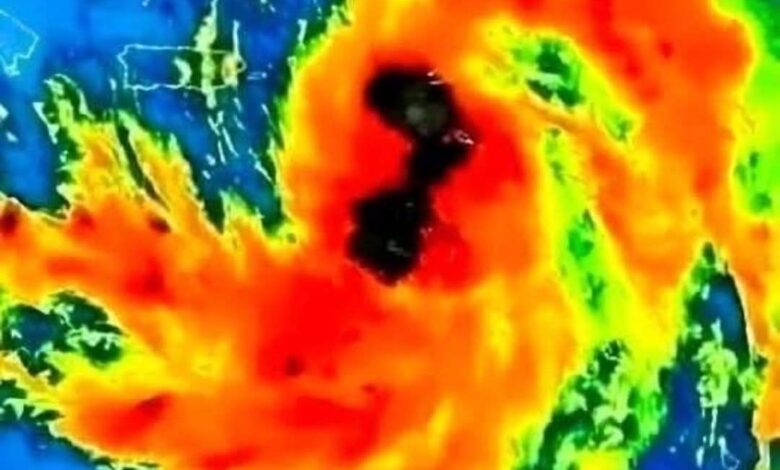My daughter threw hot coffee at me when I refused to give my credit card to her son, She shouted, Give money or get out! So I left quietly, Days later, she came home to an empty house and saw THIS!

The boy was only eight, but he already knew the weight of being late. His math teacher didn’t just scold; she cut. Every time he walked into class after the bell, she made sure his classmates knew he had failed before the lesson even began. “Lazy,” she’d say. “Careless. Always an excuse.”
That morning, he was already racing against the clock. The elevator in his building was broken, so he had flown down eight flights of stairs on tired legs, his backpack thumping against him with every stride. As he ran across the street, sweat stinging his eyes, he whispered to himself, “She’s going to yell again. She’s going to say I don’t care.” His chest tightened. He hated that feeling—the way shame always came before he even opened his mouth.
But then something stopped him.
A gray car sat parked at the curb. At first it looked ordinary, just another vehicle left in the rush of morning. But then he saw it: a tiny face pressed against the window, eyes red, fists pounding weakly on the glass. The child inside was no older than his little brother. His mouth opened in a silent cry, his small body twisting in panic.
The boy froze. Fear and instinct wrestled inside him. He thought of his teacher, of the clock ticking closer to disaster. But then he thought of his brother trapped in that car, gasping in the heat, waiting for someone—anyone—to save him. His stomach lurched. He couldn’t just run past.
His eyes darted to the sidewalk. There, half-hidden in the gutter, was a stone. He grabbed it, his small fingers tightening around its rough surface. One deep breath—and he swung. The first strike cracked the glass. The second shattered it into a thousand shards. The alarm shrieked, echoing down the street, but he didn’t care. He reached through the broken window and pulled the crying boy into his arms.
The child clung to him, face wet with tears, his breath shallow and fast. The heat radiating from his tiny body was alarming. For a moment, the eight-year-old just held him, whispering softly, “You’re okay now. You’re okay.”
Then a woman came sprinting around the corner. Her face was pale, her hair wild, her eyes wide with terror. She dropped to her knees, gathering her son into her arms, sobbing with relief. She looked up at the boy, her voice breaking: “You saved him. Oh God, you saved him.”
He didn’t know what to say. He just nodded, brushed the glass dust from his hands, and turned back toward school.
Minutes later, he walked into his classroom. The teacher’s eyes narrowed.
“Late again?” Her voice cut like a blade. “How many times must I tell you this is unacceptable? Tomorrow you’re coming with your parents. Do you understand?”
He opened his mouth. He wanted to tell her. He wanted to say, I was saving a child’s life. But the words stuck in his throat. He lowered his eyes and slid into his seat, cheeks burning as his classmates smirked.
And then—fate shifted.
The classroom door opened with a sharp creak. Every head turned. In walked the woman from the street, her son still clinging to her, and beside her was the school principal.
The room fell into silence.
“This boy,” the woman began, her voice carrying across the stunned class, “saved my son’s life today. He broke a car window and pulled him out before it was too late. If he hadn’t acted, I don’t know if my child would still be alive. I came here to say thank you—and to tell all of you what a brave, extraordinary boy he is.”
The class gasped. The teacher went pale. She opened her mouth to speak, then closed it again, her authority crumbling in the quiet awe that followed.
The principal stepped forward, holding a small box. He placed it gently on the boy’s desk. Inside was a brand-new e-reader. “You did the right thing,” he said with pride. “We are all proud of you.”
The boy stared at the gift, his hands trembling slightly. For the first time in a long time, he didn’t feel small. He didn’t feel lazy, or weak, or late. He felt strong.
The teacher swallowed hard, her face flushed. “I… I’m sorry,” she murmured, barely above a whisper. “I didn’t know.”
The boy looked up, but he didn’t need to answer. His chest was light, his heart steady. At that moment, he understood something he would carry for the rest of his life: it doesn’t matter if the world calls you careless, lazy, or late. What matters is doing what’s right when it counts.
Lessons could be retaught. Grades could rise and fall. But saving a life—that was bigger than any classroom rule.
And at just eight years old, he had already passed the most important test of all.